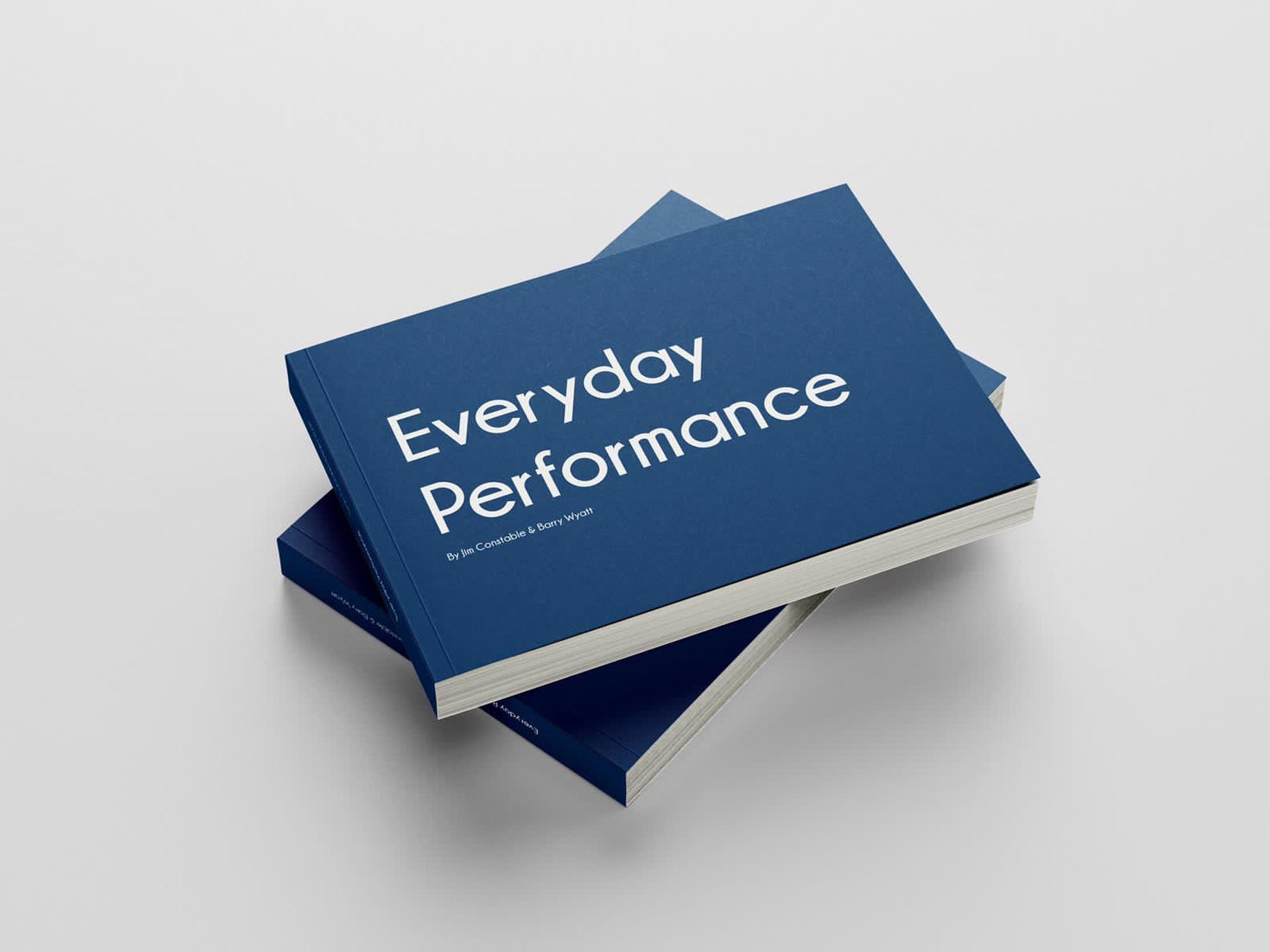Stress!
Stress can be influenced by personality, culture and environment. But the best way to understand it is to think of it as a process as opposed to an outcome.
The process starts with a situation that could cause stress (a potential stressor) like a piece of news, a competitive situation or a new task. The situation is not of itself stressful, but it could be, depending on how it is perceived and interpreted.
That’s not to say stress isn’t real (it is!) but the appraisal of the situation is critical in determining if the situation is stressful and, if so, how stressful.
Goals exist in layers. Below are two examples to explain how they can best work:
1. We appraise what’s at stake, how personal it is to us and how important it is to us
2. Then we appraise our resources and ability to cope
Depending on the outcome of these two appraisals we begin to feel stressed, or not. And even when we start to feel stressed there are many ways we can actively cope e.g. through breathing strategies, or mindfulness, or relaxing.
It might be that you see some stress as a good thing! Sports psychology textbooks refer to helpful stress (eustress) as opposed to unhelpful stress (distress).
- Look to appraise situations accurately - weigh up the risks and the chances of failure without your mind ‘running away with you’ (like the saying “I’ve been through some awful things in my life - some of which have actually happened”!)
- Decide for yourself - just because someone else says to you “Oh my goodness, that must be so stressful”, don’t get unconsciously caught up in their judgement!
- Learn to actively cope - reflect on how you have coped before with stressful situations, see what you can learn from others, or look up things like mindfulness and learn new coping strategies
So when you start to feel stressed, be aware!
Pictured Below: 'Everyday Performance' by Jim Constable and Barry Wyatt – "an entertaining, informative and easy read on how to perform better at what you do!"



